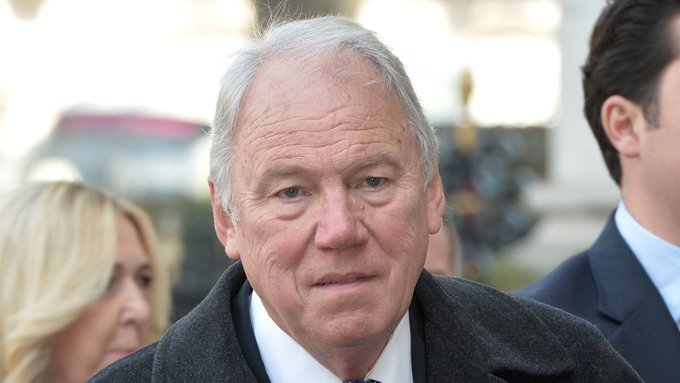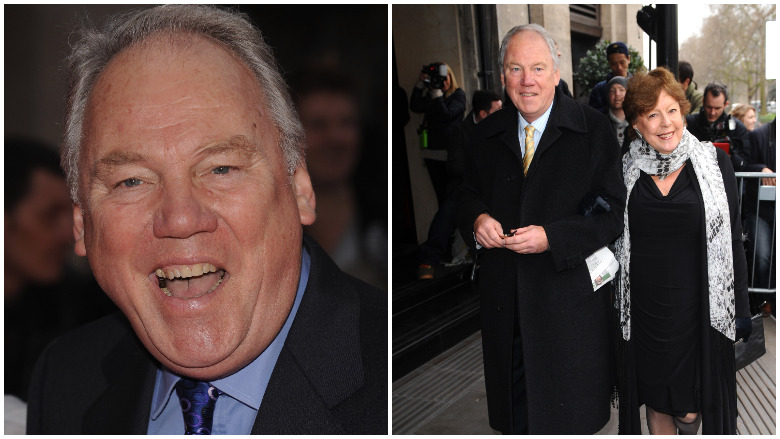
Getty Peter Sissons is dead at age 77.
Peter Sissons, the former BBC journalist, has died at the age of 77, his management team confirmed to the BBC. The cause of death was not released.
However, it was revealed that Sissions died in the hospital, and he did so peacefully. He read the news for both BBC and ITN, making him familiar to British audiences. His death was announced on October 2, 2019. According to Liverpool Echo, he was one of the longest-serving news anchors in Britain when he retired.
Here’s what you need to know:
1. Sissons Died at a Kent Hospital, His Management Team Said
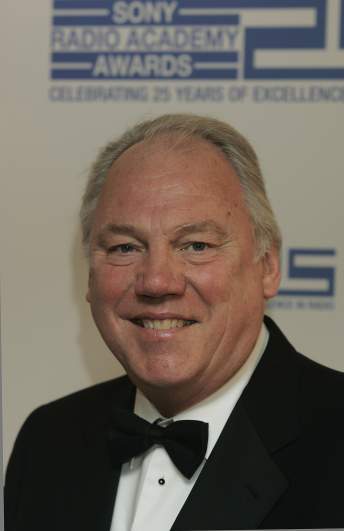
Peter Sissons arrives at the Sony Radio Awards honours the best in radio broadcasting talent at the Grosvenor House Hotel on April 30, 2007 in London.
According to the Guardian, Sissons’ management team released the following statement: “We are sad to announce that Peter Sissons, the former presenter on ITN, Channel 4 and the BBC, died peacefully last night in Maidstone hospital, Kent.”
He died surrounded by his family.
“His wife and three children were with him and wish to pass on their thanks to the hospital staff who were so caring and fought gallantly to save him to the end.”
2. Sissons, Who Was Born in Liverpool, Attended Junior School With Paul McCartney & John Lennon
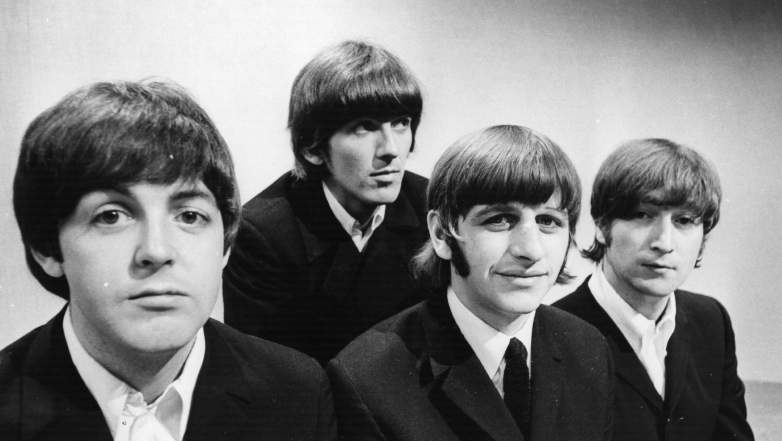
Portrait of British pop group The Beatles (L-R) Paul McCartney, George Harrison (1943 – 2001), Ringo Starr and John Lennon (1940 – 1980) at the BBC Television Studios in London before the start of their world tour, June 17, 1966.
Sissons had quite the classmates growing up: Two eventual Beatles Paul McCartney and John Lennon.
According to Liverpool Echo, Sissons was born in 1942 at Smithdown Road Hospital. His father was an officer in the Merchant Navy.
It was at Dovedale Junior School where he was a classmate to John Lennon. Moving on to Liverpool Institute for Boys, he had Paul McCartney as a classmate, the site reports.
3. Many People Remember Him From ‘Question Time’ on BBC & His Life Was Threatened Due to the Salman Rushdie Controversy
According to Liverpool Echo, he presented Question Time on BBC through 1993. He was then moved to the Nine O’Clock News in two different slots and retired in 2009.
One of his most noteworthy moments came during the controversy over Salman Rushdie’s writings. “There was absolute outrage in the Channel 4 newsroom when the Ayatollah Khomeini declared his fatwa: we had a very motivated group of journalists, who couldn’t believe that someone could effectively be sentenced to death for something he’d written,” Sissons told The Guardian. “I was dispatched to do an interview with the Iranian chargé d’affaires, Mr Akhondzadeh Basti, at the embassy in Kensington.”
He didn’t hold back in that interview. He asked, according to Guardian: “Do you understand that we don’t regard it as civilised to kill people for their opinions? Do you understand that people in this country fought a world war to protect themselves and others from being murdered for their beliefs and what they believe to be right?” He needed personal protection after that but was promised safety by no other than Margaret Thatcher.
He was once wounded while covering conflict.
4. Sissons Later Criticized the News Media
Sissons later had some harsh words for his old employer, accusing BBC of tilting to the left. He did so in a book called One Door Closes.
“In my view, ‘bias’ is too blunt a word to describe the subtleties of the pervading culture. The better word is a ‘mindset’. At the core of the BBC, in its very DNA, is a way of thinking that is firmly of the Left,” he said, according to Daily Mail.
He continued on: “All green and environmental groups are very good things. Al Gore is a saint. George Bush was a bad thing, and thick into the bargain. Obama was not just the Democratic Party’s candidate for the White House, he was the BBC’s. Blair was good, Brown bad, but the BBC has now lost interest in both.”
That wasn’t all. He also said, according to Daily Mail: “My time as a news and current affairs anchor at the BBC was characterised by weak leadership and poor direction from the top, but hand in hand with this went the steady growth of political correctness.”
5. People Posted Tributes to Sissons on Social Media
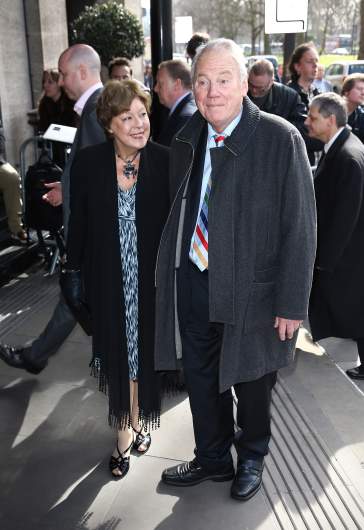
Sylvia Sissons and Peter Sissons attends the TRIC Awards at Grosvenour House Hotel on March 10, 2015 in London, England.
Due to his visible role as a newsreader, many people had fond memories of watching Sissons on television. They took to social media to offer tributes.
“Sad to learn of Peter Sissons’ death. His newsreading was ubiquitous during my childhood and no doubt played some part in my wanting to become a journalist,” wrote one man. “RIP Peter #Sissons :( Myself and many of my former BBC colleagues worked with him. He was a bloody good journalist and presenter,” wrote Daniel Emery. “Sad news. One of the very best,” wrote a BBC colleague on Twitter.
“I remember it was he who broadcast live when the terrorists struck the twin towers in 2001. Deep in shock I wondered how he could keep going reporting to viewers #Professionalism Peter Sissons: Former BBC and ITN newsreader dies at 77,” wrote a woman on Twitter.

